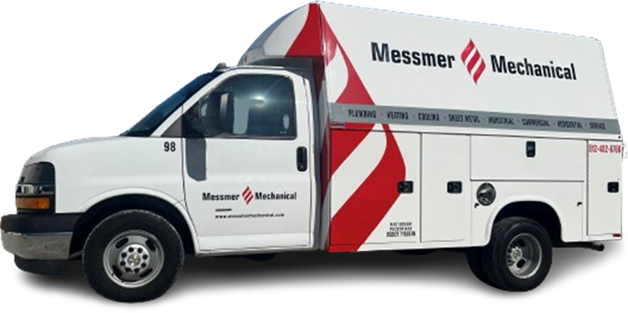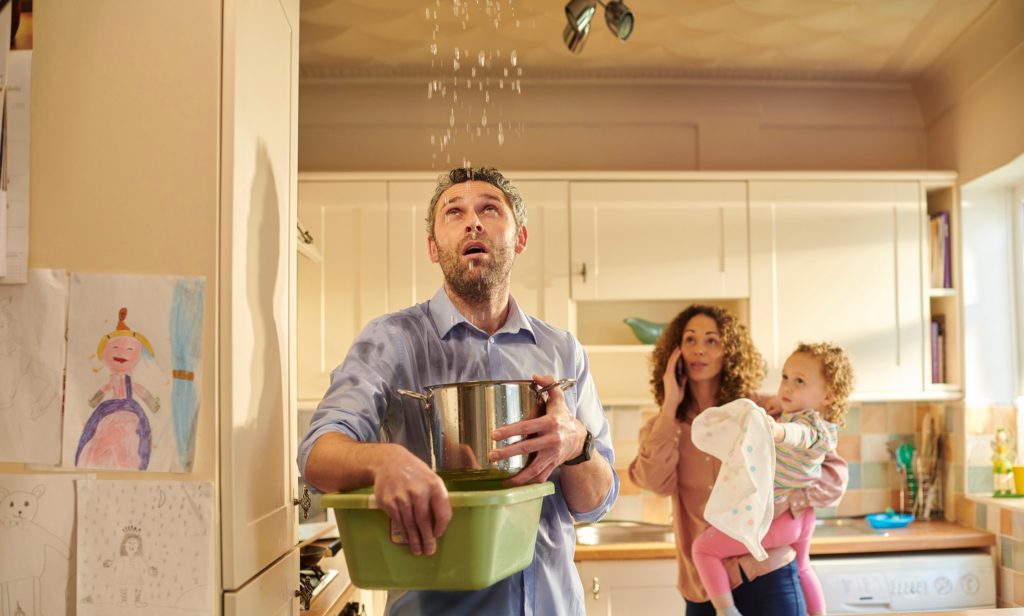Murphy’s Law states that anything that can go wrong probably will. Worse, things tend to go wrong at the most inconvenient times. For instance, your car won’t start as you head out to an important plumber meeting. Your laptop gets whacked by a virus when you’re up against a deadline. Or your sink won’t drain as you prep for a holiday gathering. None of these scenarios are pleasant, but it’s the last of these examples we’re here to discuss.
Plumbing mishaps and emergencies seem to occur at the worst times – on the weekend, on a holiday, or late at night. Yet many are preventable or easily fixed if addressed early on. Listen, it’s not that we don’t want to pay you a visit the day after Thanksgiving, we’d just rather do it without tools in hand. So, to help you enjoy worry-free days and nights, here are a few pieces of plumbing advice from the pros at Messmer Mechanical.
Don’t pour grease down the drain. Oil, grease, and fatty substances coagulate as they cool. Once in your pipes, they solidify and cause heavy clogs that are tough to break up. Set FOG (fats, oil, grease) aside to cool, then scrape into a non-recyclable container and dispose of it with the rest of your garbage.
Avoid using caustic cleaners in old pipes. It might seem like a quick fix for the average clogged drain, but the oxidizing chemicals found in most conventional drain cleaners can corrode old drainpipes and cause a leak. Use a natural drain cleaner instead; it may not work as quickly as its chemical counterpart, but it’s far gentler on your plumbing.
Leave faucets dripping to prevent pipes from freezing. Even if you’ve never experienced the potential nightmare of a frozen pipe, there’s a first time for everything. When temps plunge, open the tap just enough to establish a steady drip.
Keep the area under the sink clear of “stuff”. Dish liquids, spare grocery bags, cleaning supplies…these and other items are often stored under a kitchen sink. Lump them all together, and they conceal a leaking pipe, at least temporarily. Keep the area clutter free and peek under your sinks periodically to check for signs of moisture.
Your garbage disposal is not a trash can. Most homeowners don’t use garbage disposals properly. Placing large amounts of food waste, or items that are starchy, fibrous, or tough to grind can quickly clog the disposal.
Your toilet isn’t either. Feminine hygiene products, paper towels, cotton swabs, and even so-called flushable wipes don’t belong in the toilet. Instead of breaking down in liquid, they can clump and clog pipes.
Flush the water heater annually. Keep your water heater in good repair and have it flushed once a year to remove mineral deposits that can build up over time, impairing its ability to heat your water and provide an ample supply
Take note of water around the base of the toilet. Unless you’re sure that the wetness you see is from a bath or shower, you could have a failing wax ring seal. The leaking water can damage subflooring and give rise to mold, rot, and extensive repairs.
Routinely check for leaks. Pay attention to your water usage bills. Notice an increase from one month to the next that you can’t account for? You may have a slow but steady leak. To find out, turn off all faucets, water-using appliances, and make sure no one uses the toilets. Then proceed to the water meter and watch it; if it’s moving, water is flowing somewhere which means you have a leak.
Know your limits. Sure, you might be able to replace a toilet tank flapper or install a new sink faucet but taking on plumbing projects beyond your area of expertise can result in paying more for a licensed plumber to fix your mistakes. And that’s time and money lost.
Still, even with the best of care, plumbing problems are bound to arise. Whenever that might be, including now, contact Messmer Mechanical – your complete home plumbing resource.





